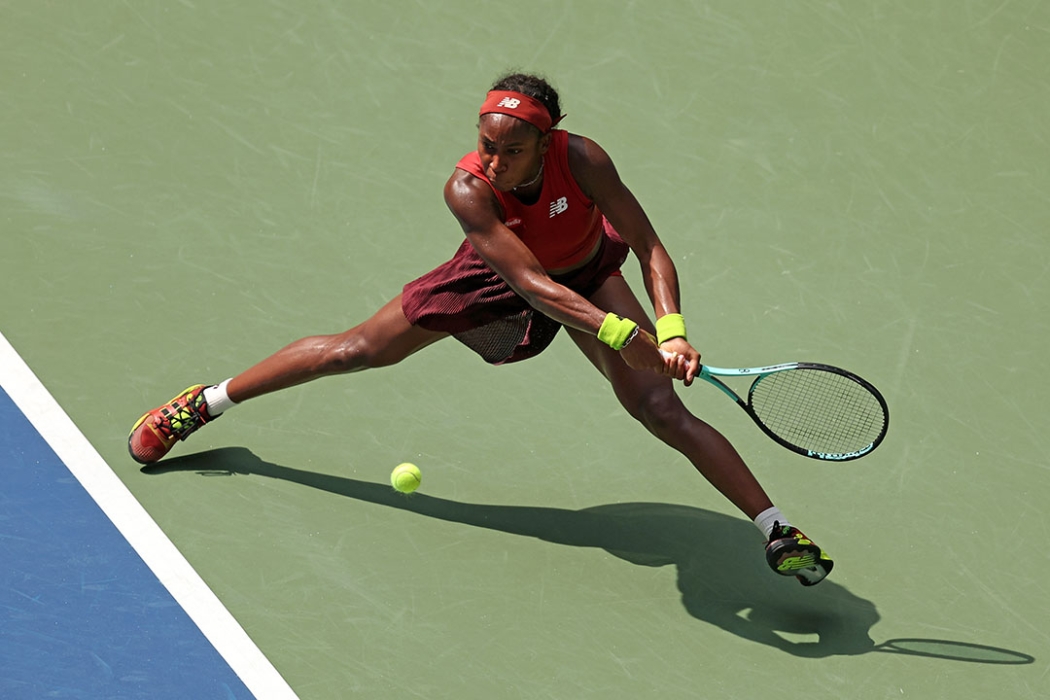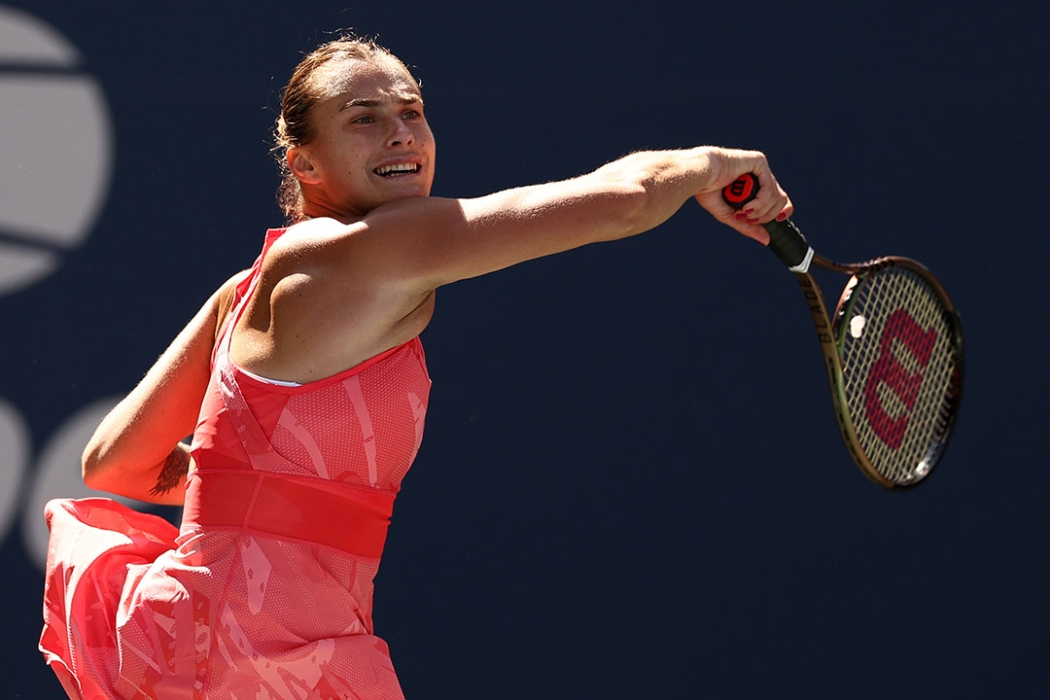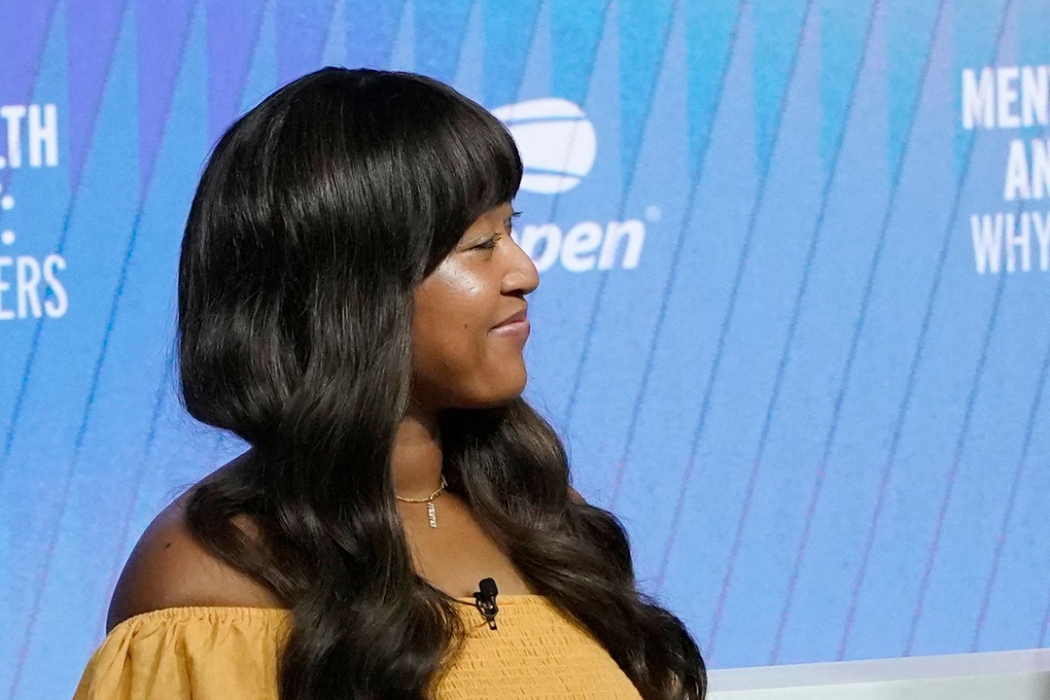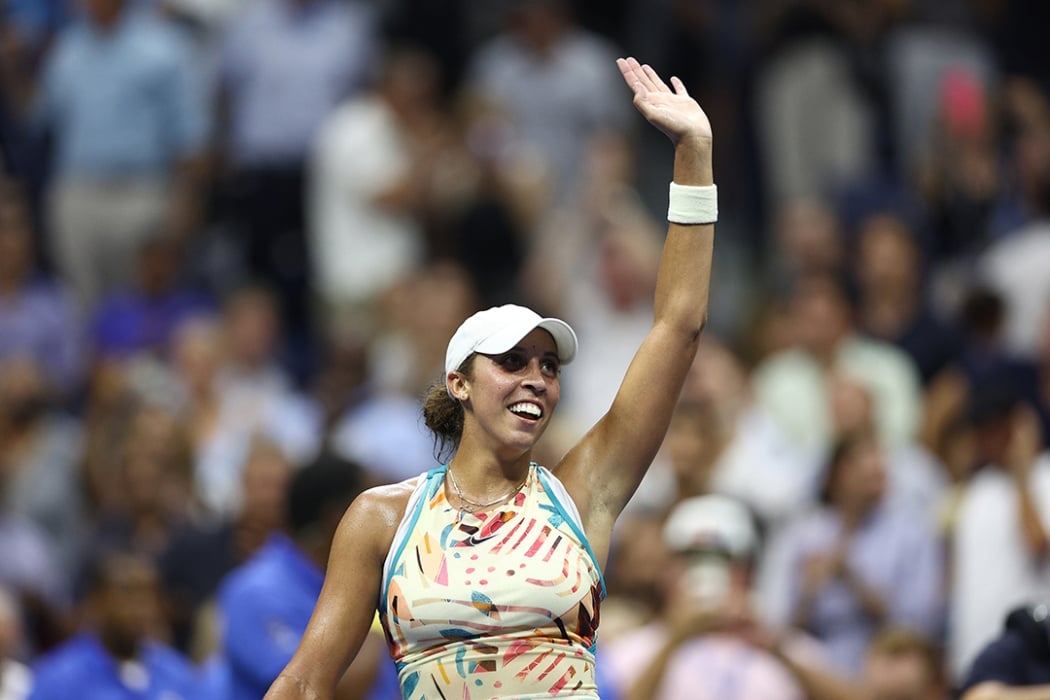It’s not hard to drum up excitement for a US Open final featuring the sport’s newest world No.1 against the tournament’s star attraction.
Aryna Sabalenka and Coco Gauff will go head-to-head in a blockbuster final on Saturday in New York, a fitting conclusion to the women’s event given the form of the combatants – and the shift it has represented in the women’s game.
Sabalenka enters as the reigning Australian Open champion and the season’s best player on the biggest stages. Next week she will become the game’s new world No.1, ending Iga Swiatek’s commanding 75-week reign.
Her opponent, Gauff, has sizzled during the summer hard-court season and carries an 11-match winning streak into the final. She has won 17 of her past 18 matches since Wimbledon.
EXPERT PICKS: Who will win the US Open in 2023?
It represents the most dominant stretch of her young career, a sign she has found a level of comfort shouldering the expectations that have accompanied her since a memorable tour debut at age 15.
Gauff narrowly leads the head-to-head series 3-2, although Sabalenka won their only match this season.
This is their first showdown at a Grand Slam tournament.
Any nervous jitters associated with a major final may be tempered by the fact they’ve already had experience of the occasion. In fact, they’re likely to thrive, given both seem to drink in the energy of competing on, quite literally, the biggest stage in the sport.
Gauff has electrified Arthur Ashe Stadium in her run to the final. Leveraging her home crowd’s vociferous support, she has beaten a succession of quality players including Caroline Wozniacki, Jelena Ostapenko, and, in an entertaining semifinal, the ever-improving Karolina Muchova.
Still just 19 years of age, Gauff – a finalist at Roland Garros last year – is the youngest woman to reach a second Grand Slam final since Maria Sharapova 17 years earlier.
With a new team in her corner, and confidence soaring, Gauff has improved on last year’s US Open quarterfinal showing, winning 10 of her last 11 matches in New York.
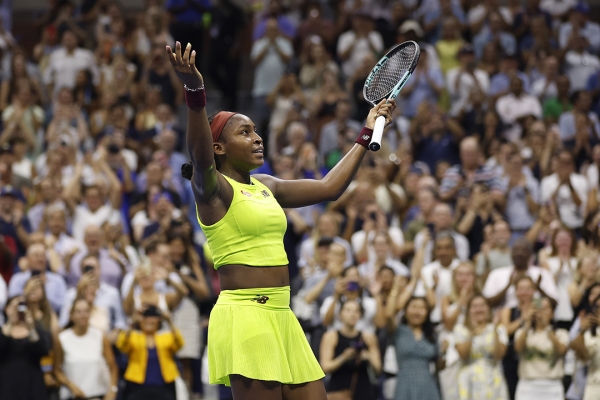
Entering this final, her mindset is transformed compared to what it was in Paris 15 months earlier.
“Playing that match, I don't know, the whole (Roland Garros) tournament felt like a surprise to me. (I was) just relieved that I made it to a final because so many people expected a lot of things from me. I think I just didn't really believe that I had it in me,” Gauff admitted.
“But this time around, I have been focusing more on myself and my expectations of myself. Not going on social media or listening to people who believe that I can or believe that I can't. I really believe that now I have the maturity and ability to do it.
“I'm trying to enjoy the moment but also knowing I still have more work to do. Yes, the final is an incredible achievement but it's something that I'm not satisfied with yet.”
While Gauff’s form has represented an impressive recent spike, Sabalenka’s has been sustained.
In reaching the last four here, she became only the fifth woman this century to reach semifinals at five successive Grand Slam tournaments. The others? Serena Williams, Jennifer Capriati, Kim Clijsters and Justine Henin.
Fine company indeed.
Sabalenka’s breakthrough Australian Open triumph – her first major title – put her on an incredible trajectory this season. She then won the WTA 1000 title in Madrid and notched back-to-back semifinals at Roland Garros and Wimbledon, before earning another shot at a major trophy this fortnight at Flushing Meadows.
She has won 23 matches at this year’s Grand Slam tournaments, and 50 matches overall – both numbers representing her highest tally within a season.
That 50th win, over Madison Keys in the US Open semifinals, could prove the most pivotal going forward.
For all of her success, Sabalenka had a major semifinal mental block. Apart from her win over Magda Linette en route to the AO 2023 title, Sabalenka had lost her other five – and almost all of them from winning positions.
She trailed Keys 0-6, 3-5, 0-15 but staged an extraordinary comeback – third time lucky in New York after heartbreaking semifinal defeats in 2021 and 2022.
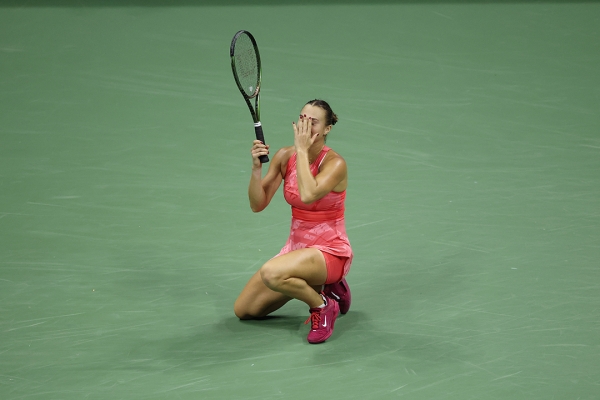
“Obviously I was reminding myself that I lost a lot of tough matches. I mean, one day all those matches should just, like, help me somehow,” Sabalenka said.
“I just have to keep fighting, keep trying to find my rhythm, my game, just find myself. Magically I finally found the game, and I was able to turn around this match.
“I think Australian Open final will definitely help me with all those emotions I went through in that final. I'll be different in this final.
“Definitely that final gonna help me, because I know which kind of, like, emotions to expect. I know how to handle them.”
